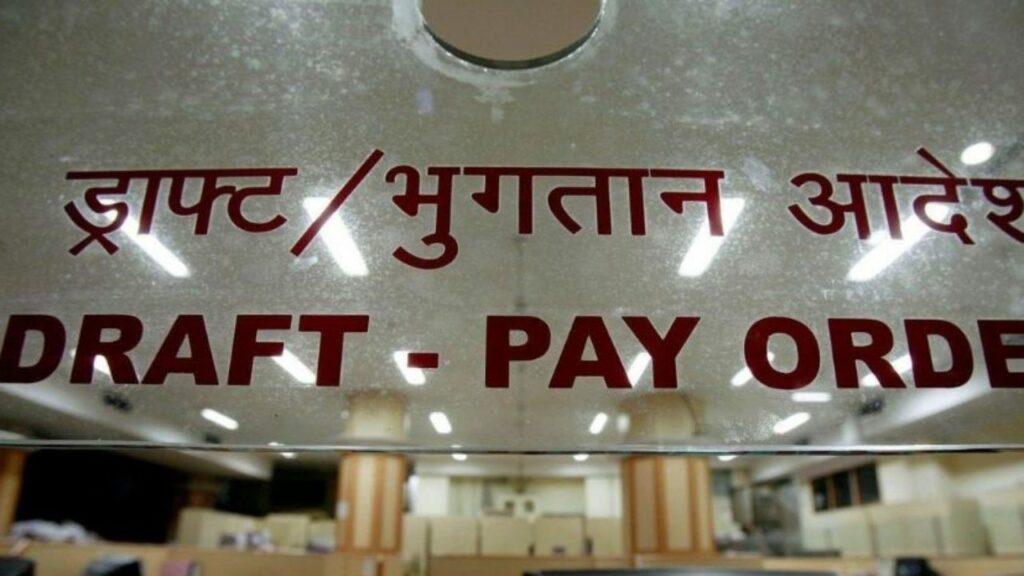The Indian government is preparing to offload a 20% stake in five public sector banks, according to Business Standard. This move is aimed at bringing government shareholding below 75%, aligning with SEBI’s public shareholding norms.

Key Highlights of the Stake Sale Plan
🔹 Banks Affected
- Bank of Maharashtra
- Indian Overseas Bank
- UCO Bank
- Central Bank of India
- Punjab and Sind Bank
🔹 Stake Dilution Methods
- Offer-for-Sale (OFS): Direct sale of government shares to investors.
- Qualified Institutional Placement (QIP): Raising funds from institutional investors.
🔹 Government’s Objective
- Compliance with SEBI’s public shareholding rule.
- Strategic disinvestment to reduce government control in public sector banks.
🔹 DIPAM’s Role
- The Department of Investment and Public Asset Management (DIPAM), along with the Department of Financial Services, is finalizing the execution plan.
- On February 25, DIPAM invited bids from merchant bankers to facilitate the stake sale.
- Selected bankers will advise on timing, strategy, and execution of the stake dilution.
With this move, the government aims to boost market participation, improve efficiency in PSU banks, and align with financial sector reforms.











